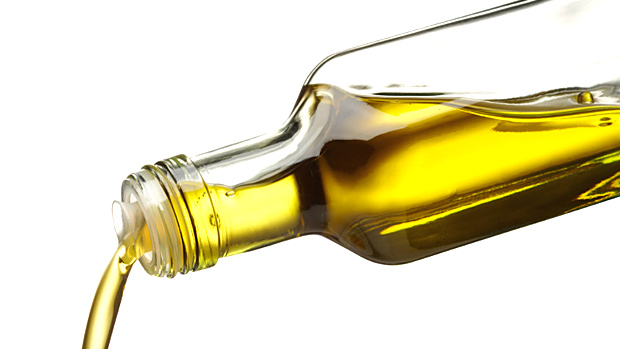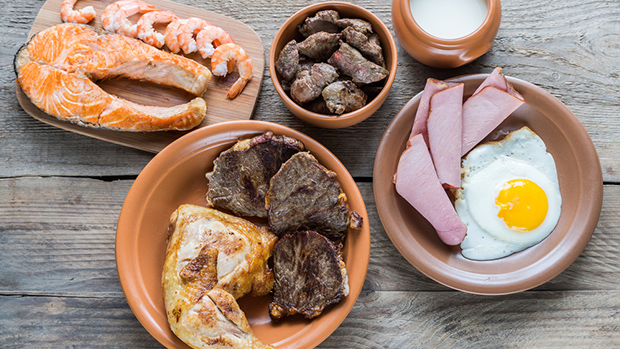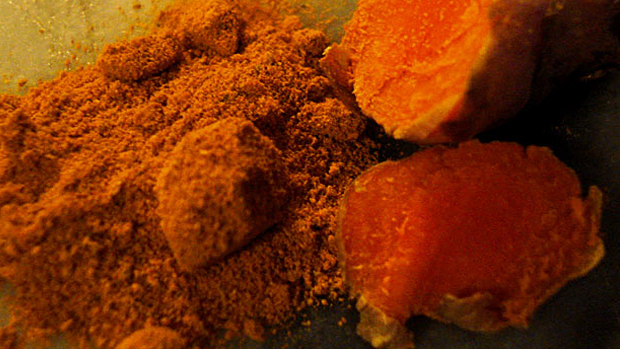EV Oh No!
Extra virgin olive oil (EVOO) is known for increasing insulin sensitivity and promoting heart health, along with fighting cancer, osteoporosis, and premature aging of the skin. The polyphenols it contains regulate nearly 100 human genes that control cell signaling and various metabolic processes. (Conventional olive oils, or non-virgin kinds, contain fewer polyphenols.)
The trouble is, the vast majority of the olive oil on U.S. shelves is either counterfeit or adulterated with other oils and you're probably not getting many, if any, of the touted health benefits.
The main problem stems from the scarcity of olive oil. It seems that even those Americans whose sole exposure to health and nutrition news is Dr. Oz know that olive oil is, on some level, good for you. And so they buy it reflexively. The U.S. is the third largest consumer of olive oil, only there isn't enough to go around.
The University of California Davis analyzed 186 EVOO samples taken randomly from California shelves and found that 73% of both the local and imported varieties failed to meet standards of purity established by the International Olive Council and the USDA, and the extent by which they failed ranged from 56% to 94%.
Unfortunately, the FDA considers olive oil counterfeiting to be a rare problem, but they did manage to nab 61,000 liters of supposedly extra virgin olive oil and 26,0000 liters of lower-grade olive oil from a New Jersey warehouse in 2006.
Since olive oil is so scarce, many shysters in Italy "cut" their product with cheaper oils from North Africa. Others put almost no olive oil in their bottles and instead fill them with some sort of seed oil and add chlorophyll and beta carotene for color and odor.
The worst scoundrels deodorize rancid olive oils with chemicals and heat so that it may pass as the real stuff, but without the health properties of the real stuff.
They figure they can send it to America without any blowback because the average housewife in Iowa, while corn-savvy, is olive-oil stupid and doesn't have a sufficiently refined palate to distinguish between the real stuff and grass clippings. And so far, the scoundrels have been right.
One way to tell if your EVOO is legit, although certainly not foolproof, is to take a slow sip and wait for that sudden telltale tingling at the back of the throat. Generally, if you get that "bite," you're swigging an EVOO rich in polyphenols.
The second way requires a little more effort. Pull out a small frying pan and pour in enough olive oil to coat the surface and a little more, to a depth of about a one-fourth of an inch. Put it on the stove and turn on the burner. Slowly heat the olive oil while taking regular heat readings with an electronic food thermometer (the kind you jab into the Thanksgiving turkey).
Inferior brands or adulterated brands will start to smoke (reach their "smoke point") at about 320 or 340 degrees Fahrenheit. If it's quality EVOO, it shouldn't start to smoke until you get to about 400 degrees.
Incidentally, most chefs and cooks will tell you that olive oil isn't good for frying or sauteing. That's because they've probably been using inferior oils all along and have thus mischaracterized the oil. Pure EVOO, with its high smoke point, will successfully deep-fry or saute any food.
I generally use Costco's own Kirkland Brand EVOO. I tested its smoke point and it was right around 400 degrees. However, I can only attest to the sample I tested. I can only hope the product has uniformity from batch to batch and sample to sample.
The Life Extension People (from whom I got some of the info for this article) tout California Estate Olive Oil as unadulterated and high in polyphenols.





